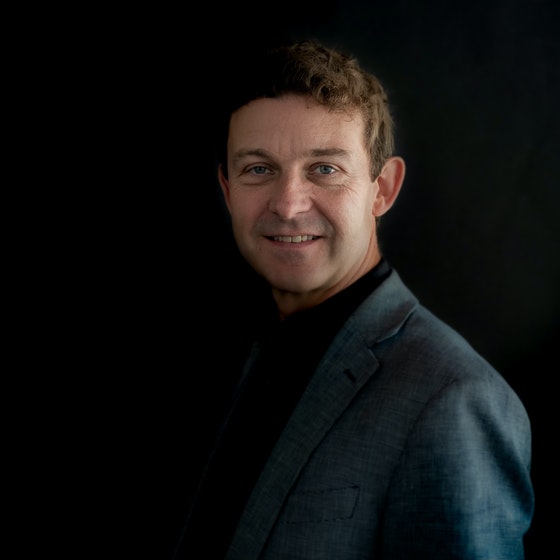Jon Helge Sætre is Associate Professor in music education at the Norwegian Academy of Music (NMH). He is also the director of CEMPE, the NMH Centre for Excellence in Music Performance Education. Jon Helge worked as a teacher educator for many years at Oslo Metropolitan University, and he has a background as a performing musician with a particular focus on contemporary classical music. Music in compulsory schooling, music teachers and music teacher education have always been core interests for Jon Helge, both as a teacher educator, researcher and even as a performing musician.

How did you get involved with the FUTURED project?
I think my involvement in the FUTURED project has much to do with the doctoral thesis that I completed in 2014. It was one of the first research projects investigating the music subject in generalist teacher education and the teacher educators in it. In the concluding part of the thesis, I argue that there is an urgent need to rethink music as part of generalist teacher education, and in my opinion, this is exactly what FUTURED is aiming at. I was only able to investigate the perspectives of the teacher educators and the content of the courses. FUTURED takes it several steps further, for example by examining student teacher perspectives, testing new approaches through action research, and not the least by including a range of prominent Norwegian and international researchers into the project team. I am very glad to be a part of the team, and so happy that the FUTURED project leader Catharina Christophersen asked me to join.
How would you describe what you are doing in the FUTURED project?
In the first phase of the project, I have had the pleasure of working with Eyolf Nysæther (PhD-student in WP1) on a very interesting survey that aims to uncover who the student music teachers in Norwegian teacher education are. The survey contains questions about their cultural and musical background, their motivation for applying teacher education, and their thoughts about the music programme and future music teaching in schools. Brought together, the study will tell us a lot about the students as a group, and it is particularly interesting since the respondents are many and come from all around Norway.
What do you find fascinating about the work in your study?
One thing that I find particularly interesting is the mixed methods set-up of this part of FUTURED. The survey will provide an overall understanding of the student teacher population at large, point at tendencies, and help inform the design of and research questions in subsequent qualitative studies. Mixed methods research is a fruitful approach, but also time-consuming and scholarly demanding. But I really support the methodological choice, since it adds to the knowledge production by enabling a series of sub-studies that build on each other and combines different types of data. And I can tell you that there will come some very important and perhaps even surprising findings from the first survey study. So pay attention to the coming publications from Eyolf and the rest of the team.
What motivates you the most with the FUTURED project?
What really motivates me is to look for ways to combine high professional expectations in teacher education and a more inclusive conceptualisation of music teacher competence. Children in schools deserve the best possible music teachers, but we need to develop more nuanced, dynamic or multifaceted ideas of what that means. Because generalist teacher education provides the majority of teachers teaching music in schools, and we need them to become as good as they possibly can in ways that are meaningful and feasible to them within the study hours at hand. Solving this problem is quite a challenge and at the same time very motivating.